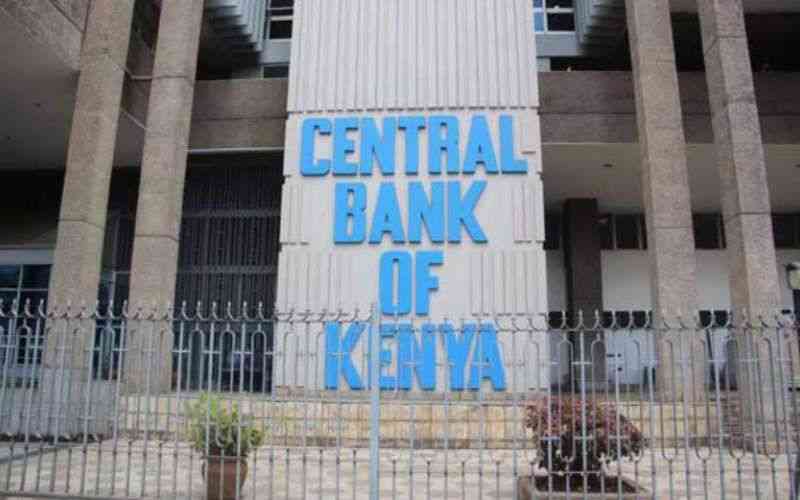×
The Standard e-Paper
Join Thousands Daily

It will now cost you more to service your loan or access a new one.
This is after the Central Bank of Kenya (CBK) raised its policy lending rate by 100 basis points to 10.50 per cent - the highest in seven years - in a bid to stem rising inflation and stabilise the weakened shilling.